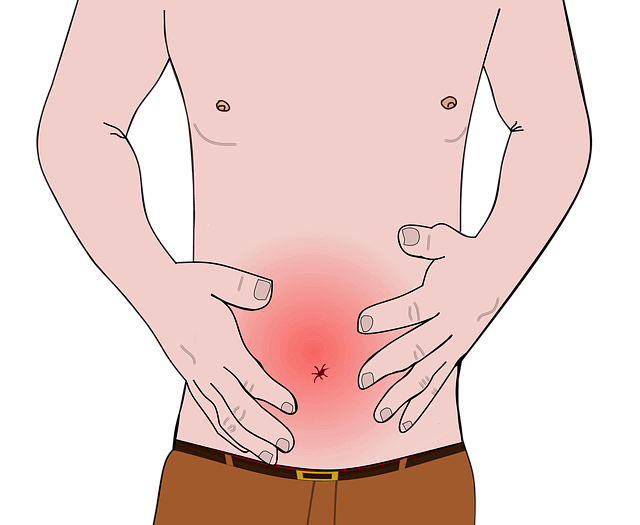Most of the time, our excrement and waste will tell a lot about our health. Most of the time, it will usually be an indicator of illnesses and how well we’re doing on our overall diet. Since our stool will usually play an integral role in how we measure our condition, most of us are keen on eating healthy food to prevent complications.
However, there will be instances where you’ll feel constipation. Is it because of that one clam that turned bad last night? Did you drink enough water for the day? Here’s what you’ll need to know.
What’s Constipation?
Since it’s hard to determine our health based on our stool’s shape and texture, we have to look at what constipation is.
Constipation (especially chronic ones) usually happens when we experience irregular and insatiable bowel movement parts. Naturally, this condition will take weeks to happen.
In some instances, most individuals will have a functional bowel movement that can release waste, but most will feel that their biological process is not complete. That will last several weeks to months if left untreated.
Although most individuals might think that a complex type of ailment causes constipation, it’s caused by something as simple as dehydration or eating something your stomach isn’t familiar with.
What Are the Symptoms?
Constipation symptoms are more subtle for most individuals who have had it for most of their lives since they might think it’s already “normal.” But here’s what you should consider when observing your bowel movement:
- Disturbed pattern
- Hard and lumpy texture
- Difficulty excreting waste
- It doesn’t feel complete.
The texture is one of the most significant tell-tale signs that you’re having constipation. “Normal” stools will have a fair amount of water in it, making it appear softer than stools caused by constipation. Hard stools can range from looking like pebbles, lumpy, and “hard” sausages to more cracked textures.
You might have constipation if the same texture subsists for days to weeks.
Preventive Measures
Fortunately, there are several ways of preventing constipation. The following measures are known for being simple yet effective means of relieving your bowel movement from pain and symptoms of constipation:
Drink Lots of Fluids
Firstly, dehydration is the leading cause of fluid loss and will usually lead to lumpy and hard stool. So it’s only logical that you drink lots of fluids. That might help ‘soften’ your stool.
You don’t necessarily need to limit yourself to water. When you’re constipating, you’re losing not just water but essential electrolytes in your body that are key to motor functions. One of the best ways to replenish your body’s sugar and electrolytes is through clear fruit-flavored water.
Get Some Fibers Going
One of the best ways of cleansing your stomach is through the fruit and vegetables you ingest. Foods that are high in fiber are great ways of removing unwanted waste.
Essentially, you’re killing two birds with one stone when fiber can soften up your stool while also serving as a way of optimizing your stomach for better digestion. One of the best fruits for softening up your stool is papaya. Not only does it act as a laxative, but it’s high in fiber, known for “sweeping” toxins and debris on your lower bowels.
Exercise More
Exercise has been a tried and tested way of decreasing the chance of constipation. You don’t necessarily need to do heavy-impact exercises; any activity can help strengthen your abdominal muscles while increasing your metabolism.
Quit Cold Turkey on Smoking
Lastly, quit smoking cold turkey. Smoking is one of the direct causes of your stool’s texture becoming harder than usual.
When Should You See a Professional?
While constipation might seem a mild annoyance for some individuals, it can have severe consequences for others. Here are some painful symptoms:
- There’s blood on your stool.
- It’s disrupting much of your daily life.
- You experience vomiting.
- Your weight loss can’t be explained.
If you have these symptoms, you must see a physician right away. Having professional supervision can mitigate any of these severe symptoms.
Overall, there are different ways of remedying constipation. Drinking water and eating vegetables and fruits can help ensure your stool has the right balance.
Remember: our bodies all have unique biology, so we can’t tell our health just by looking at our stool. Several factors need to be weighed, including gender, age, and even medications. But you don’t have to worry as long as you can do your thing three times a week and your stool is quite normal.
If you’re in doubt about the signs and symptoms, you can consult with a professional medical practitioner as soon as possible. Self-diagnosing yourself based on information online can cause more complications.
Read More- Home Remedies for Heartburn and Acid Reflux













Leave a Reply